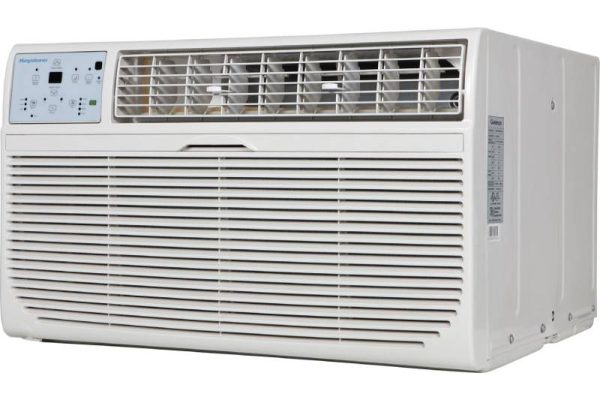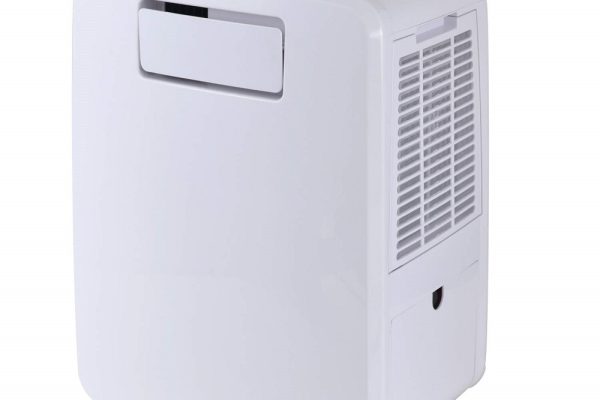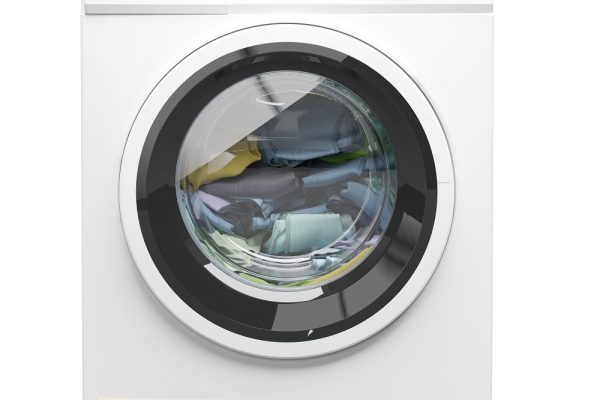Introduction
When it comes to acquiring a dryer for your home, you have the option to either rent or buy. Both choices have their own set of benefits and costs that need to be considered. In this comprehensive guide, we will delve into the various factors that affect the cost of renting and buying a dryer. From upfront expenses and monthly costs to long-term financial implications and flexibility, we aim to provide a detailed comparison to help you make an informed decision based on your specific needs and budget.
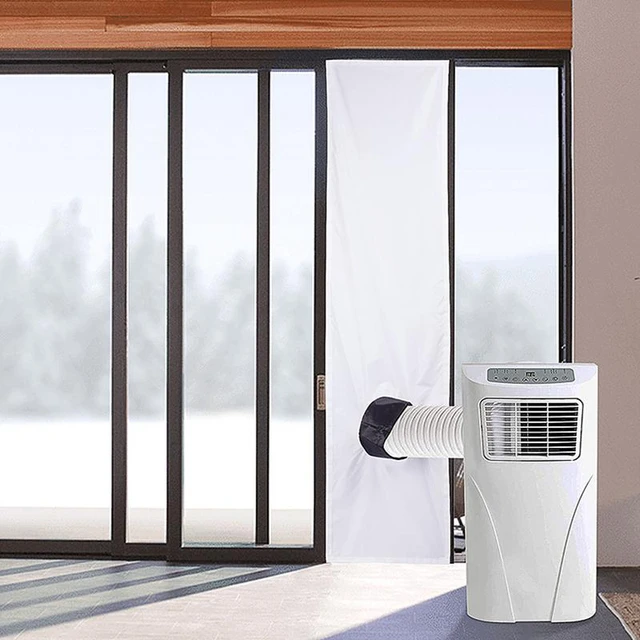
Which costs less, renting or buying a dryer?
I. Initial Expenses
-
Buying a Dryer:
- When purchasing a dryer, you will need to cover the initial purchase price upfront. The cost will depend on factors such as the type, brand, and features of the dryer you choose. It is essential to determine your budget and assess the available options within that range.
-
Renting a Dryer:
- Renting a dryer typically involves lower initial expenses as you pay a monthly fee rather than purchasing the appliance outright. The upfront cost usually includes a one-time installation fee and the first month’s rental payment. This option can be more budget-friendly for those who prefer not to make a large initial investment.
II. Monthly Payments and Long-Term Costs
-
Buying a Dryer:
- While purchasing a dryer requires a higher upfront payment, once you own the appliance, you will no longer have monthly rental expenses. This can result in long-term cost savings, especially if you plan to use the dryer for an extended period. However, it is important to consider potential repair or maintenance costs that may arise after the warranty period expires.
-
Renting a Dryer:
- Renting a dryer involves a monthly fee that covers the ongoing usage of the appliance. This fee typically includes maintenance and repair services. Renting provides the advantage of spreading out the cost over time, which can be beneficial for those who prefer a predictable monthly payment. However, it is crucial to assess the long-term costs as the total amount paid over time may exceed the cost of purchasing a dryer outright.
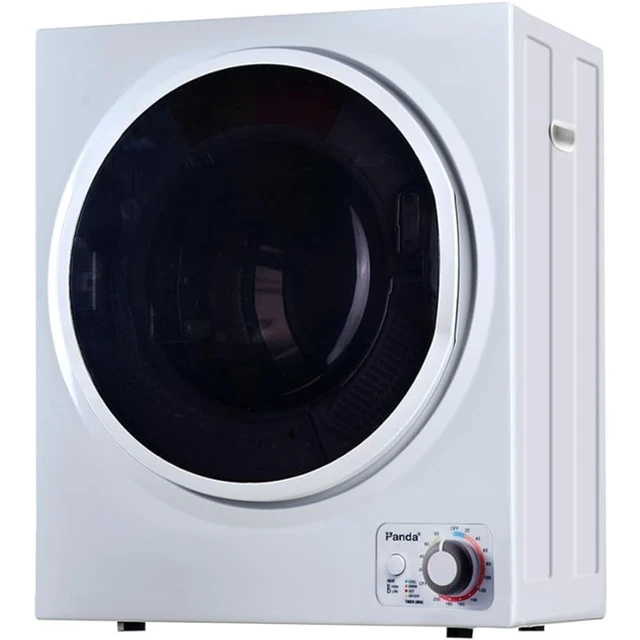
III. Maintenance and Repairs
-
Buying a Dryer:
- Purchasing a dryer means you are responsible for the maintenance and repair costs once the warranty expires. It is advisable to factor in potential repair and maintenance expenses, such as replacing parts or addressing mechanical issues, as these costs can vary depending on the make and model of the dryer. However, with proper care and regular maintenance, the need for major repairs can be minimized.
-
Renting a Dryer:
- When renting a dryer, maintenance and repair costs are typically included in the monthly fee. This means you have access to repair services without incurring additional expenses. However, it is important to review the terms and conditions of the rental agreement to understand what types of repairs are covered and any limitations or restrictions that may apply.
IV. Flexibility and Upgrades
-
Buying a Dryer:
- Purchasing a dryer offers the advantage of full ownership and the flexibility to make modifications according to your preferences. You have the freedom to customize the appliance, such as installing additional features or choosing a specific brand or model that suits your needs. Additionally, you can sell or dispose of the dryer as you see fit.
-
Renting a Dryer:
- Renting a dryer may provide flexibility in terms of upgrading to a newer model or changing the appliance according to your changing needs or lifestyle. Rental agreements often allow for easy transfers or upgrades, providing the opportunity to access the latest technology without the need to purchase a new unit. This can be advantageous for those who prefer to have up-to-date appliances without the hassle of selling or disposing of old ones.
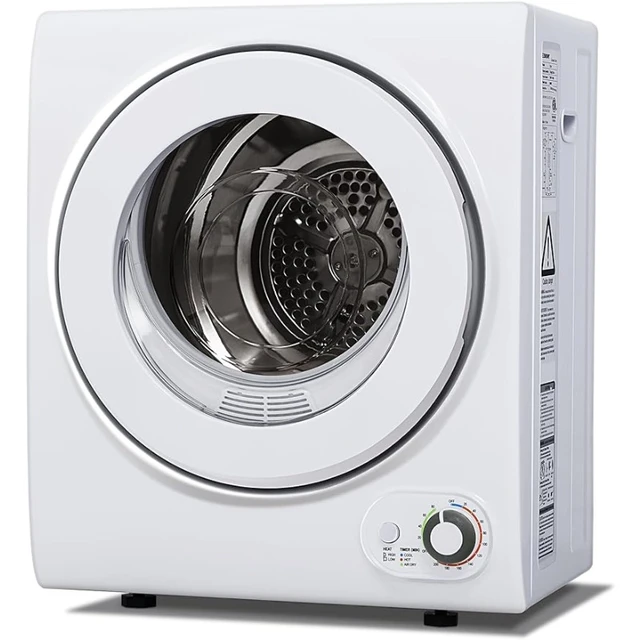
V. Duration of Usage
-
Buying a Dryer:
- The duration of time you anticipate using a dryer can significantly impact the cost comparison between renting and buying. If you expect to use the dryer for an extended period, the upfront investment in purchasing may be more cost-effective in the long run. However, if you are uncertain about your long-term living situation or have plans to move in the near future, renting offers the advantage of flexibility and no commitment beyond the rental term.
-
Renting a Dryer:
- Renting a dryer can be more practical for shorter-term usage or if you anticipate changes in your living arrangements. If you are unsure about your long-term plans or expect to have different drying needs in the future, renting provides the flexibility to adjust as required without the commitment of ownership.
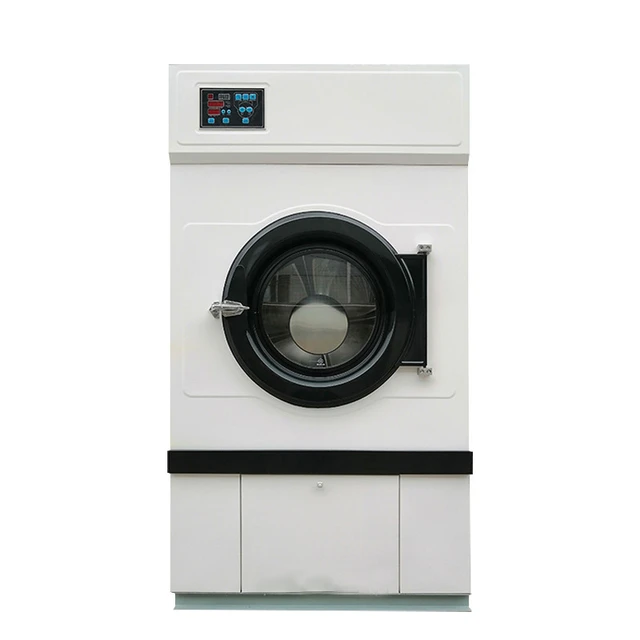
VII. Additional Factors to Consider
-
Warranty and Reliability:
- When buying a dryer, manufacturers often provide warranties that cover certain repairs or replacements within a specific time frame. This can provide peace of mind regarding potential issues that may arise. On the other hand, when renting a dryer, reliable rental companies may also offer warranties or service agreements to ensure the appliance’s proper functioning throughout the rental period.
-
Resale Value:
- Buying a dryer allows you to retain ownership and potentially sell the appliance in the future. Consider the potential resale value of the dryer, especially if you anticipate upgrading or if you plan to move to a larger space that may require a different type of dryer.
-
Availability and Waiting Time:
- Depending on your location and specific needs, the availability of rental dryers may vary. If you opt for renting, it is important to consider potential waiting times for the availability of rental units, particularly during peak periods or in areas with high demand.
-
Environmental Impact:
- Both buying and renting a dryer have environmental considerations. When renting, you are essentially utilizing a shared resource, which can be more environmentally friendly as it promotes resource efficiency. On the other hand, purchasing a new energy-efficient dryer can contribute to reducing energy consumption and your carbon footprint over time.
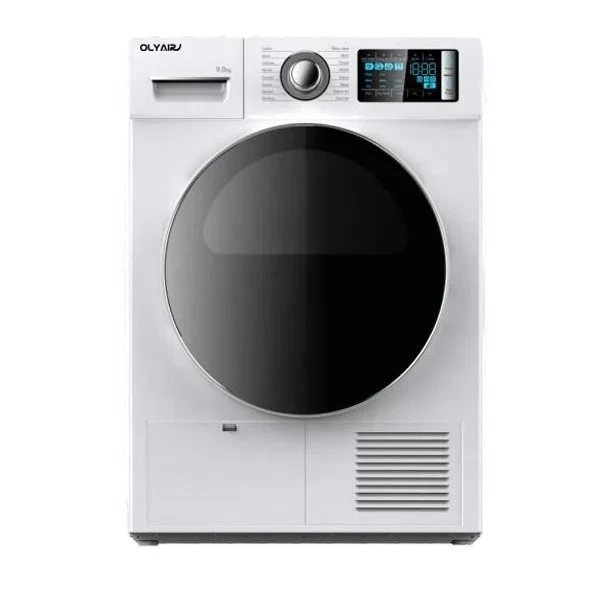
VI. Conclusion: Considering Your Needs and Budget
When comparing the costs of renting and buying a dryer, it is crucial to consider your individual circumstances, needs, and budget constraints. The decision you make should align with your preferences for upfront expenses, ongoing monthly costs, long-term financial implications, maintenance responsibilities, and flexibility.
If you are looking for a long-term solution and anticipate using the dryer for an extended period, purchasing may be more cost-effective in the long run. This allows you to avoid monthly rental fees and potentially sell or dispose of the dryer as needed. However, if you prefer a lower upfront investment, flexibility in terms of upgrades or access to newer models, and no long-term commitment or maintenance responsibilities, renting could be a suitable option.
Ultimately, the choice between renting and buying a dryer comes down to your personal circumstances, budget, and priorities. Weigh the pros and cons of each option, consider the financial implications, and make an informed decision that aligns with your needs and preferences.

